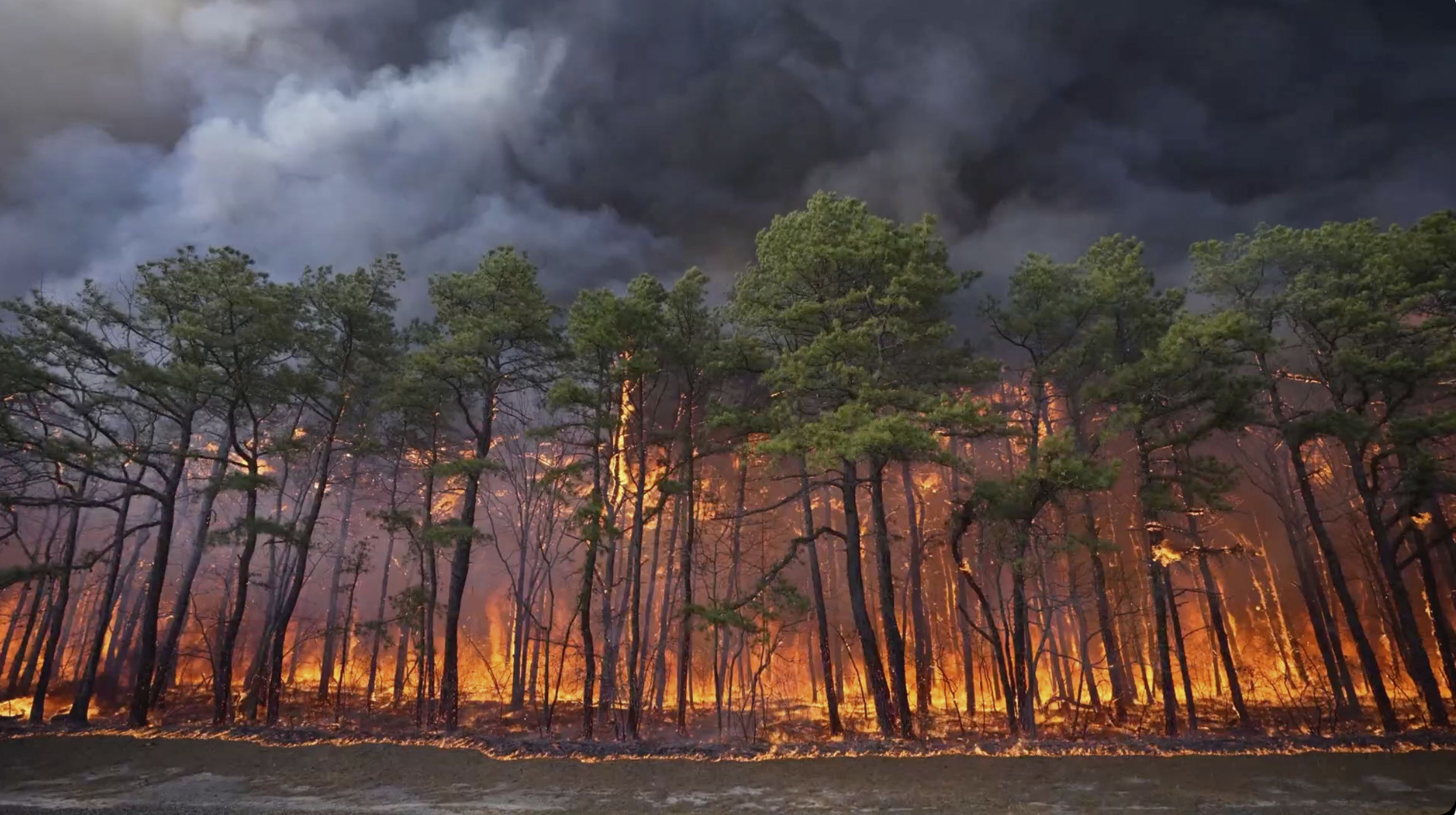Earth is experiencing stronger hurricanes, monster wildfires, crippling heat and massive downpours. As humans heat the planet by burning fossil fuels, a new report says no part of the United States is immune.
"The devastating toll of climate change is an existential threat to all of us. It is the ultimate threat to humanity," said President Joe Biden.
The fifth National Climate Assessment report, released Tuesday, says a hotter planet is "harming physical, mental, spiritual and community health and well-being through the increasing frequency and intensity of extreme events, increasing cases of infectious and vector-borne diseases and declines in food and water quality and security."
An interactive map shows climate impacts in every U.S county, like the expected increase in extreme rainfall in New York and days over 105 degrees in Texas.
Climate is also a hot topic at the APEC summit in San Francisco, with protesters calling on countries and companies to do more — especially for poor and indigenous people.
"The Biden administration has to take bold action on climate change, and it really hasn't yet," said Will Wiltschko, Bay Climate Action coordinator.
APEC members are watching a changing climate disrupt supply chains, threaten natural resources and prevent people and products from getting where they need to go.
"Cooperation across APEC economies is also key to tackling the challenges we all face, including the urgent threat of climate change," said Janet Yellen, the U.S. Treasury Secretary.
There is still hope of curbing the worst impacts of a hotter planet, but scientists warn the need for real action has never been more urgent or critical.

US hoping to reassert influence over Asia-Pacific during APEC summit
President Biden is pushing a new trade agreement, but key Democrats in Congress opposed to it worry it will outsource U.S. jobs.










